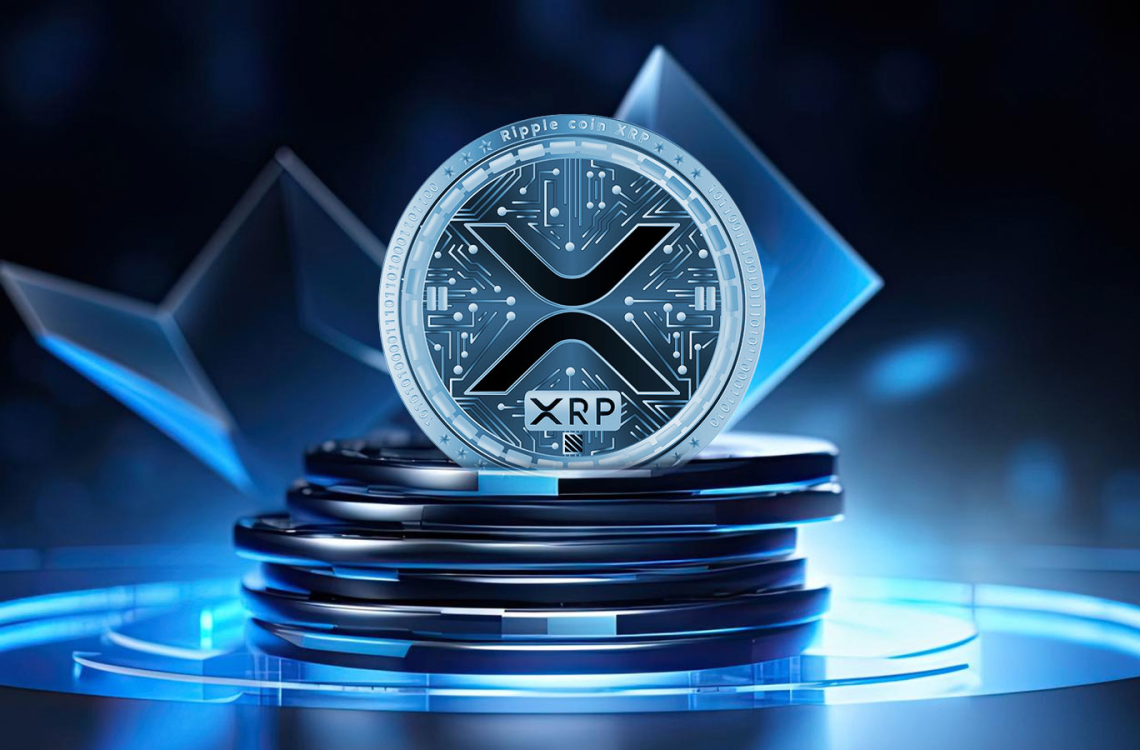The Internet of Value (IoV) is a framework that facilitates the secure, peer-to-peer transfer of any digital asset with intrinsic value—money, equity, identity, or energy—without reliance on a traditional financial intermediary (like a bank or payment processor). Its foundational technology is the Distributed Ledger Technology (DLT), primarily the blockchain.
The Paradigm Shift: From Intermediated Trust to Cryptographic Truth
The traditional Internet (of Information) allowed the free, fast, and near-zero-cost copying and transfer of data. Conversely, the traditional financial system (of Value) is slow and expensive because it must rely on centralized intermediaries to verify and record ownership, preventing the “double-spending” of value. Furthermore, the imposition of extra layers of regulation, including in relation to AML/ KYC has rendered international payments even more cumbersome and expensive.
The IoV solves this Trust Problem by replacing human-mediated trust with mathematical certainty
- Immutability and Consensus: DLT uses cryptographic techniques to link transaction records (blocks) and distributes the ledger across a decentralized network of computers (nodes). Any transaction must be validated by a majority of these nodes through a consensus mechanism (e.g., Proof-of-Stake). Once recorded, the data is virtually immutable, creating a “single source of cryptographic truth.
- Programmable Value (Smart Contracts): Beyond simple transfer, DLT supports Smart Contracts—self-executing, self-enforcing agreements written directly into code. These contracts automatically execute actions (e.g., release payment) when predetermined, verifiable conditions (e.g., a power meter reading) are met, eliminating the need for lawyers, escrow agents, or bureaucratic oversight.
- Fractionalization and Liquidity: The IoV allows complex, real-world assets to be tokenized and broken into fractional, highly liquid pieces. This democratizes investment and access by allowing anyone to own a small share of a power plant, a solar array, or future carbon credits.
The IoV’s core innovation is establishing trust at the protocol layer, making it the ideal economic engine for any decentralized system involving high-frequency, peer-to-peer transactions.
